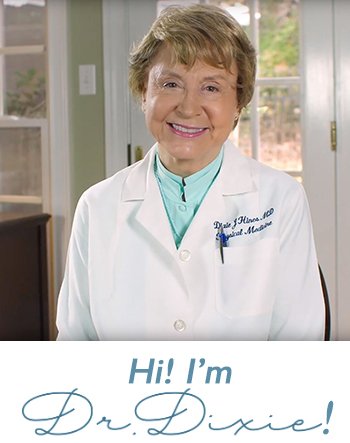I want to cover G. I. issues centering on the digestive tract. This tract begins with the mouth and ends at the anus. Let’s start with the mouth. I’ve already covered brushing, and flossing, the teeth and tongue properly and I will just stress again how important good dental hygiene is toward your overall health and wellness. You have three pairs of salivary glands that open into your mouth and for instance, cause saliva to flow into your mouth when, for say, you are hungry and you smell something that smells delicious. You take a bite of something that taste great and you chew and start to swallow. Just a quick note here. If you seem to have trouble swallowing and/or get choked often, you may need to have a swallow study by an Otolaryngologist. You also might first try taking smaller bites. The tongue triggers the swallow reflex and helps by pushing the food to the back of your throat and into your esophagus. This tube connects to the stomach. At the same time, this reflex keeps the food from entering your windpipe and lungs by covering the opening of the windpipe with a small piece of cartilage, the epiglottis. There are muscles (sphincters) at the top and bottom of the esophagus that open to allow food to pass through. Remember these sphincters as they are extremely important and we will especially cover the one to the stomach later. The stomach contracts and releases gastric juices to break food into smaller pieces. This takes time (as much as four hours after a meal) but then it slowly releases food into the duodenum which is the upper portion of the small intestine.
So, let’s go back to the stomach. You probably are aware of a problem frequently called GERD or gastric reflux problems.This is complicated from my gastroenterologist, and I won’t begin to try to cover all that he said to explain it. What I will tell you is that it can be extremely painful and require all kinds of different trials of antacids. I know because I have been on many of them. Frequently, your G.I. guy will recommend an E. G. D. (esophagogastroduodenoscopy). I have had several and was put to sleep for each one. I was found to have a history of gastric ulcers and peptic ulcers likely caused by an infection with H. pylori. The treatment for H. pylori was not fun but wiped out the H. pylori. I was also told I have gastroparesis (slow contractions of my stomach muscles) and a hiatal hernia. The hernia worried me the most since that meant I have a protrusion of the stomach through the esophageal opening in the diaphragm. Remember, I mentioned we would come back to the “sphincter” muscle that keeps food from going back into the esophagus from the stomach. Well, with my hernia, food and gastric juices were backing up into the esophagus contributing to my burning pain in the back of my throat and in my chest. My latest G, I. guy put me on conservative management which meant elevating the head of my bed by six inches, no food for four hours prior to bedtime, elimination of caffeine, peppermint, very acidic beverages, alcohol, chocolate, garlic and onions, fatty, spicy, or fried foods. The food restrictions are because these foods and/or beverages can lower the strength/effectiveness of the lower esophageal sphincter (LES) muscle. This decrease in tone of the LES can certainly contribute to food and gastric juices to get into the esophagus causing GERD. Think of it this way as well, the esophageal cells start to change to try to accommodate this new “stuff” hitting them. When cells start to change, you are predisposed to cancer. Since one of my Aunts died from esophageal cancer due to many, many years of GERD, this really worried me as to my own situation. One thing I realized as to my own gastric reflux problems was that I was chewing peppermint gum every single day. The happy ending here is that changing my diet and no peppermint gum as well as the other conservative management things listed above, almost completely cured my GERD. I no longer take any daily antacid medicine. If I ever have even the slightest symptoms of gastric reflux, I immediately take one “Tums” type of chewable medicine. Oh, I also found that any of the NSAID’s (like Ibuprofen) can bring on GERD. You might try taking an antacid with your ibuprofen medicine but check with your doctor on this as well as everything I have mentioned. Each individual is different and your doctor takes your medical history, including your meds, your age, your weight, your family history, etc. into consideration. But I hope I have helped just one person out there with their upper G. I. issues.
I’ll cover more on the digestive tract in another blog.

